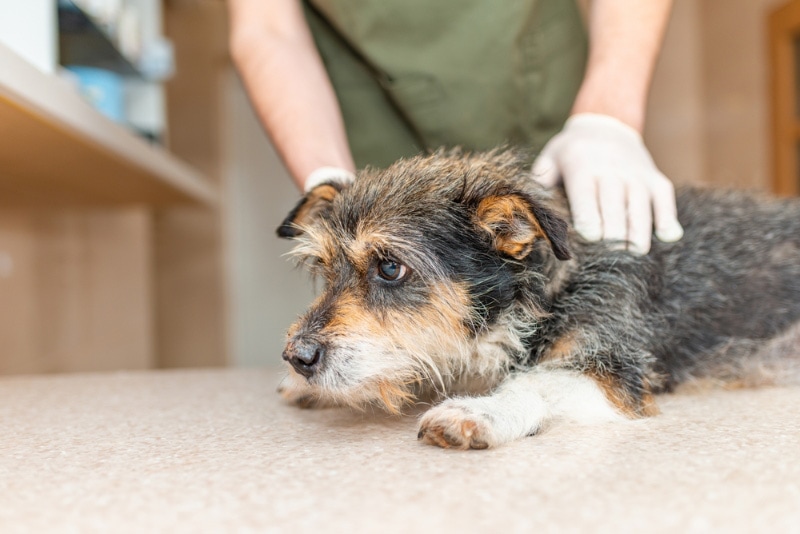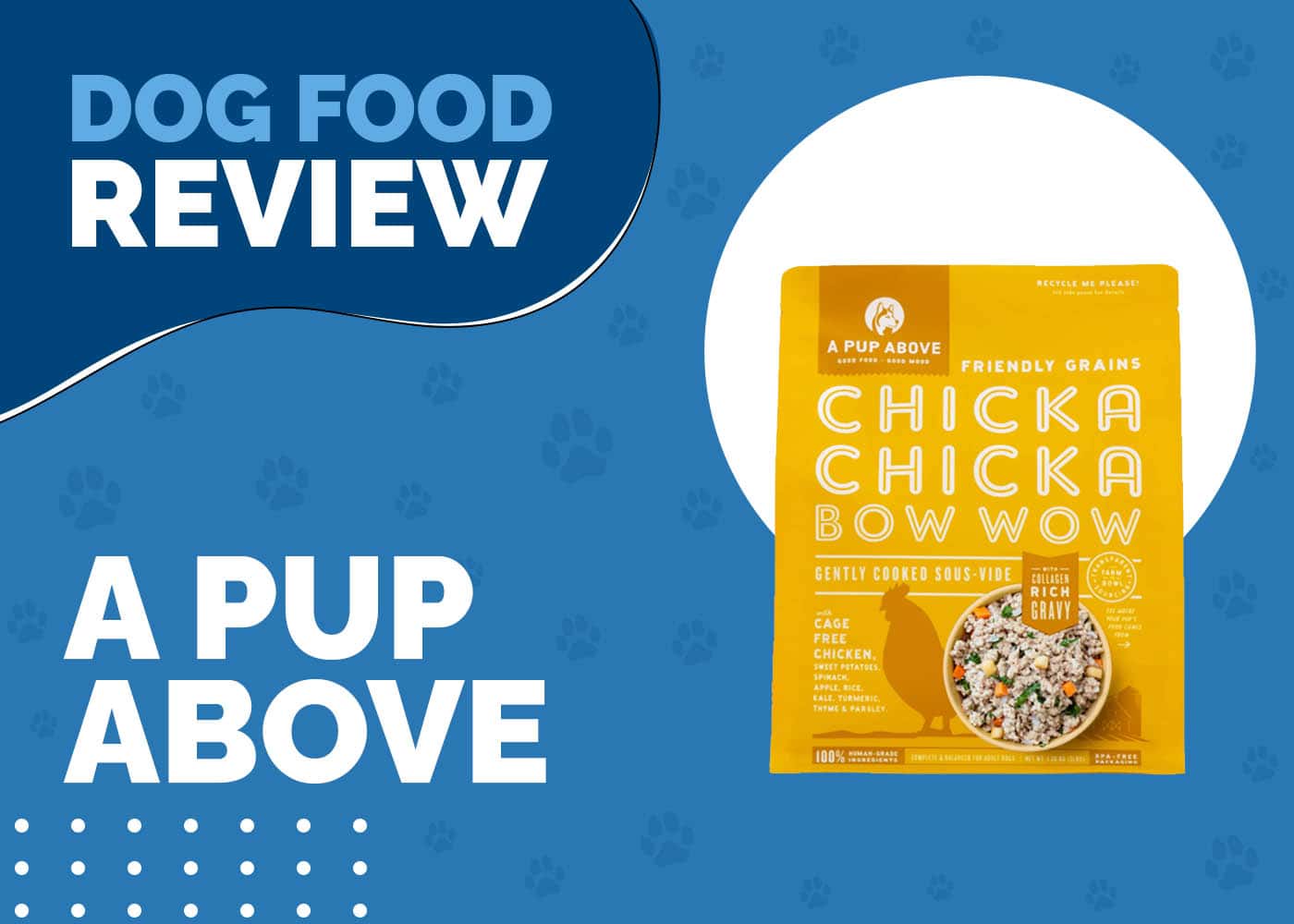Can Dogs Eat Fudge? Vet-Reviewed Health Concerns
By Hanh Duong
Updated on

Click to Skip Ahead
Who doesn’t love some delicious fudge during the holiday season? It’s the perfect treat to indulge in and satisfy our sweet tooth. But what happens when your furry friend decides to sneak a bite of your fudge? Are you worried about the consequences? We understand how nerve-wracking it can be, and the truth is that fudge is not at all healthy for dogs. In fact, some types of fudge can make them seriously ill. So, let’s dive in and learn why fudge is a big no-no for our furry buddies.
Fudge 101
Fudge is a deliciously dense and rich confection typically made with a combination of sugar, butter, milk or cream, and chocolate or other flavorings such as vanilla or caramel. Its origins can be traced back to the 19th century in the United States. Fudge has a spongy, soft, and malleable texture that melts in your mouth, leaving a sweet and creamy aftertaste. In contrast, chocolate has a hard, smooth, and shell-like texture that snaps when you break it, revealing a rich and decadent flavor.
Why Is Fudge Toxic to Dogs?
As much as dogs love treats, fudge should not be on their menu. One reason is chocolate, a key ingredient in a lot of fudge, contains methylxanthines that are incredibly harmful to dogs. Dogs can’t process these substances as efficiently as humans do, which can lead to various health issues like diarrhea, vomiting, increased heart rate, seizures, tremors, and even death.
The severity of the effects depends on the size of your canine and the kind and amount of chocolate they consume. The darker the chocolate, the worse the impact. On top of that, fudge is loaded with sugar, which can cause major health problems—sugar can lead to weight gain and potentially dental issues. Let’s keep the fudge to ourselves and stick to dog-friendly treats for our four-legged companions.

What Are the Signs of Fudge (Chocolate) Toxicity?
It is crucial to be aware that if a dog happens to consume chocolate fudge, it can result in chocolate toxicity. The signs of this condition usually manifest within a period of 6–12 hours after ingestion. The condition may include a variety of signs. You need to know these signs and seek medical attention promptly if your dog experiences any of them.
- Diarrhea
- Vomiting
- Restlessness
- Tremors
- Increased urination
- Seizures
What to Do if Your Dog Eats Fudge
If you suspect that your furry friend has ingested fudge, it is crucial to contact your veterinarian right away for guidance. You should attempt to provide information about the type of fudge eaten, the amount, and how long ago the ingestion occurred. In many cases, your vet may recommend bringing the dog into the clinic. Treatment can be varied and will be tailored to your dog, and any concerns your vet has after examining them and getting a medical history. Some dogs can be treated on an outpatient basis, whereas some will need to remain in hospital overnight or longer.

How to Prevent Your Dog from Eating Fudge
Keep Fudge Away from Them
Fudge and chocolate items such as hot chocolate mix and cocoa powder can harm your pup. So, it’s best to store them on a high shelf in a closed-door pantry where your dog cannot reach them. Also, don’t forget to remind your kids and guests to keep fudge away from these furry friends and not leave it lying around on tables, countertops, or purses. By taking these simple precautions, you can help keep your pet healthier.
Teach Your Dog to Leave It
Have you ever struggled to keep your furry friend from gobbling up something they shouldn’t while out on a walk? Fear not! There’s a simple but effective command that can help: “Leave it!” Not only is it easy to teach, but it could also prevent your pup from ingesting something harmful.
Conclusion
Not all human foods are safe for our furry friends. Fudge is a big no-no for dogs, as it often contains chocolate, which is toxic to them. If you suspect your dog has indulged in some fudge, don’t delay—reach out to your veterinarian immediately. They can provide the necessary care and ensure your pup stays healthy and happy.
Featured Image Credit: Katheryn Moran, Shutterstock















